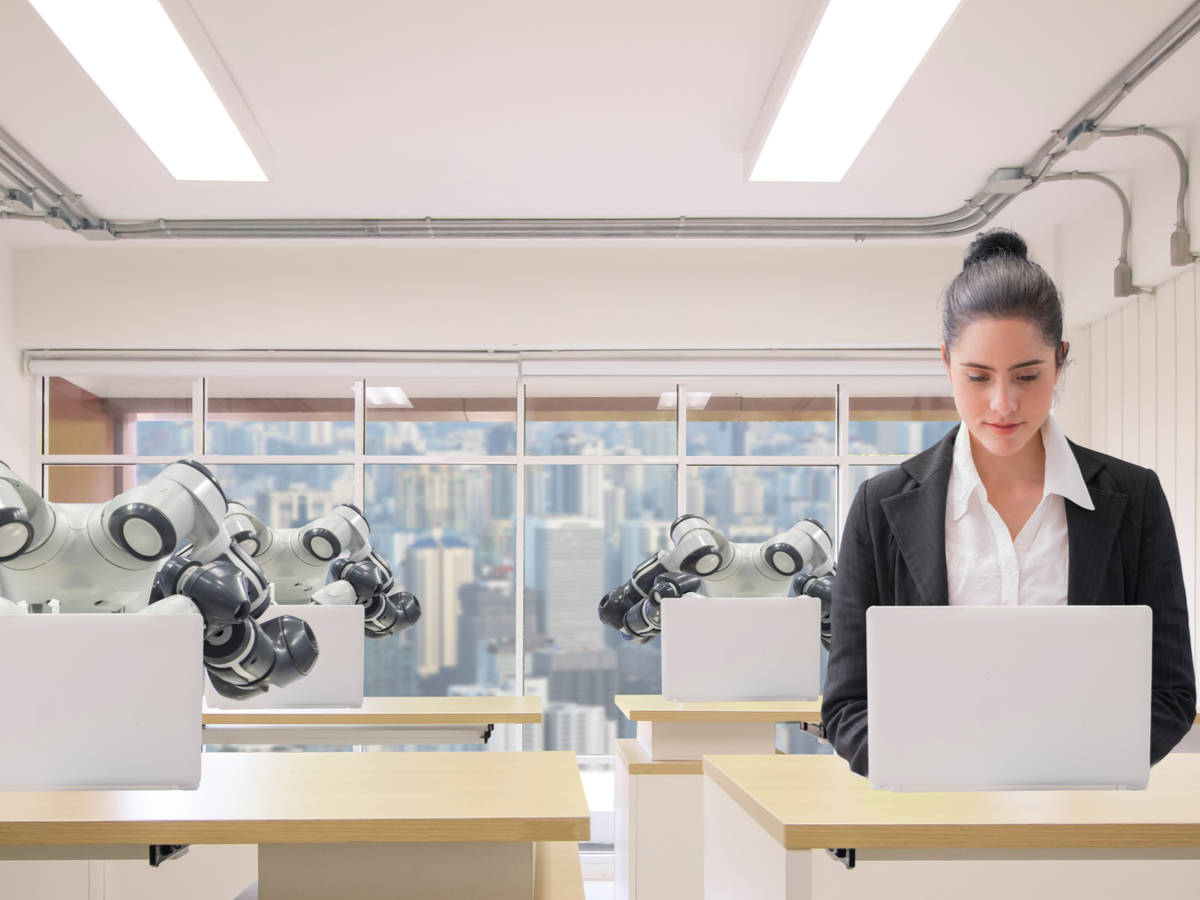Big language models are evolving beyond AI chatbots that generate text to becoming electronic agents capable of performing tasks on your computer. This shift signifies a move towards AI systems that can execute recommendations and aid in task completion rather than solely providing information or generating content.
Startups focusing on AI agents are developing innovative solutions to streamline work processes in a new era. For instance, Lindy is at the forefront of creating next-generation personal assistants envisioned to handle mundane administrative duties that often consume significant amounts of time. CEO Flo Crivello envisions these assistants seamlessly integrating with calendar and email applications to efficiently schedule meetings and send out invitations, eliminating the need for manual back-and-forth communication.
Another player in this field is Adept, which specializes in training agents to understand keyboard and mouse gestures, enabling them to navigate interfaces and perform tasks like data entry with precision. By leveraging a combination of text and image inputs, Adept’s program aims to enhance productivity by automating repetitive tasks such as extracting data from invoices to populate forms accurately.
The emergence of AI-powered assistants like Google’s Duet AI and Microsoft’s Copilot for Microsoft within workspace applications signifies a collaborative future where AI entities work alongside humans to enhance productivity and streamline workflows. These AI companions are expected to evolve beyond simple tasks to more complex activities, interacting with a variety of software systems to accomplish diverse objectives.
As autonomous workplace assistants (AWAs) continue to advance, they are poised to automate routine tasks effectively, leading to increased productivity and cost savings for businesses. While the initial focus may be on automating low-value tasks, future iterations of AWAs are anticipated to handle more sophisticated responsibilities like data analysis and customer engagement.
Despite the potential for AI to transform the workplace, it is unlikely to replace human jobs entirely. Instead, AI technologies are seen as complementary tools that enable employees to focus on tasks requiring critical thinking and interpersonal skills. This collaborative approach between humans and AI is expected to redefine job roles, creating new opportunities while augmenting existing ones.
Ultimately, the integration of AI technologies like AWAs is projected to reshape the nature of work, offering both challenges and opportunities for individuals and organizations alike. As we navigate this evolving landscape, it is crucial to adapt to the changing dynamics of the workplace and leverage AI capabilities to enhance productivity and innovation.






